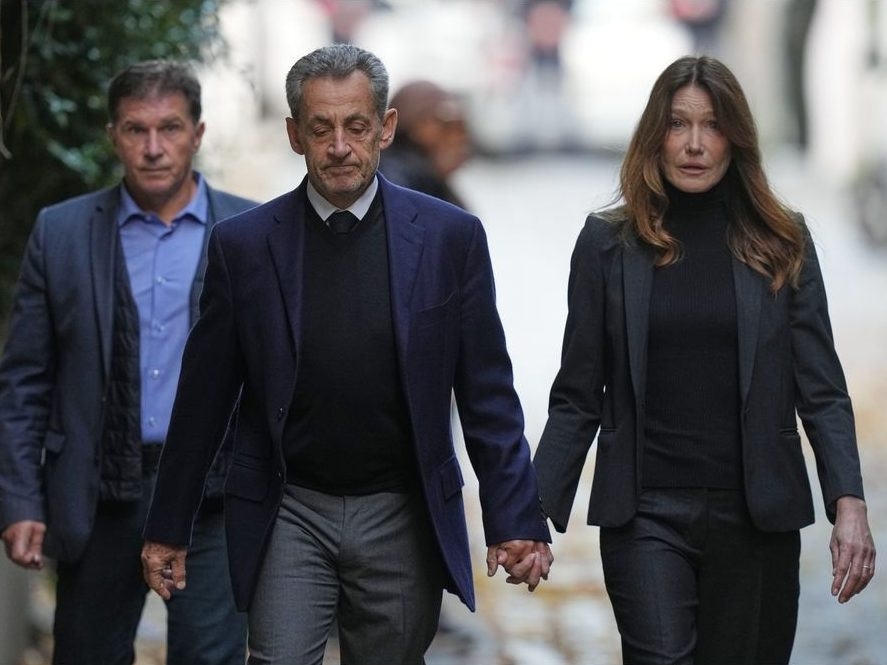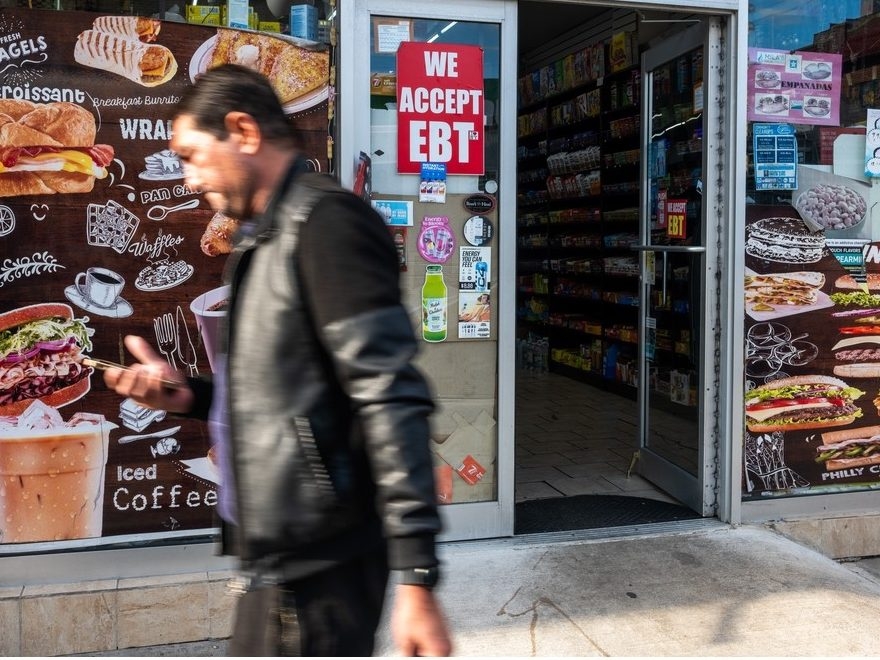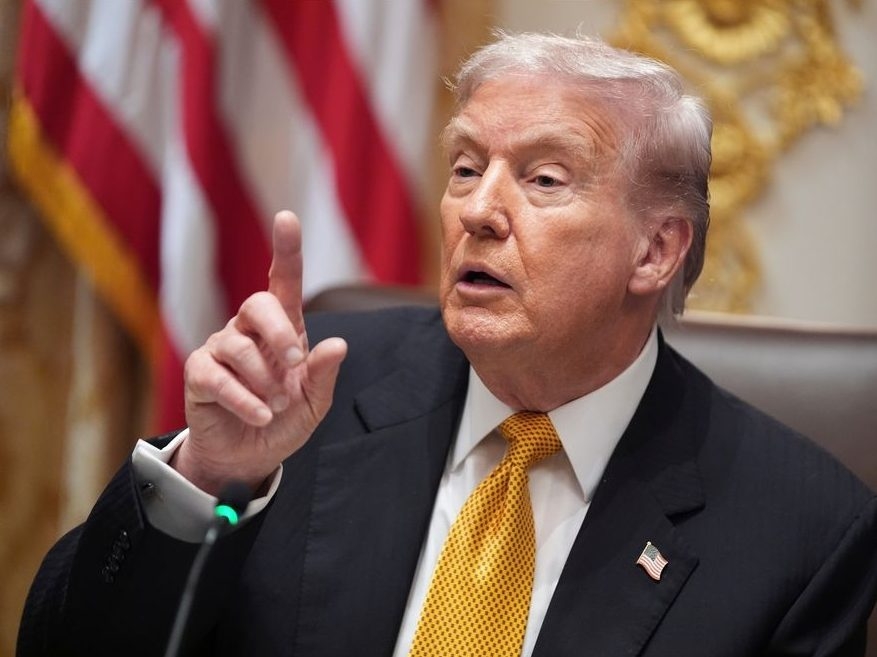The weight of history hangs heavy in a Paris courtroom today. Former French President Nicolas Sarkozy, a man who once commanded global attention, awaits a decision that will determine his immediate fate – release from prison, or continued incarceration just twenty days after becoming the first modern French president to be jailed.
His conviction stems from a complex scheme to finance his triumphant 2007 campaign, allegedly with funds channeled from Libya under the long rule of Moammar Gadhafi. The court found Sarkozy guilty of criminal conspiracy, a charge he vehemently denies, claiming he is the victim of a calculated political attack.
Sarkozy’s legal team is urgently seeking release under Article 144 of the French criminal code, a provision that generally favors conditional release pending appeal. The court will weigh whether he poses a flight risk, a danger to the public, or might attempt to influence witnesses – factors that could justify continued detention.

The case centers on clandestine meetings between Sarkozy’s inner circle and Abdullah al-Senoussi, Gadhafi’s notorious intelligence chief, a man linked to devastating terrorist attacks against French and European citizens. The court detailed a sophisticated financial network, though it couldn’t definitively prove the Libyan funds directly fueled Sarkozy’s campaign.
Sarkozy insists the accusations are retribution for his pivotal role in the 2011 military intervention in Libya, which led to Gadhafi’s downfall. He argues that the “Gadhafi clan” orchestrated this legal battle as revenge for his actions, a claim that adds a layer of geopolitical intrigue to the proceedings.
This isn’t Sarkozy’s first brush with legal trouble. He previously faced corruption charges, serving time under house arrest with an electronic monitor. However, this five-year prison sentence marks a dramatic escalation, shattering the image of a powerful leader and raising profound questions about political corruption in France.
Beyond this immediate decision, Sarkozy faces further legal challenges. France’s highest court is preparing to rule on a separate conviction for illegal campaign financing related to his unsuccessful 2012 reelection bid. The specter of additional legal battles looms large, threatening to further tarnish his legacy.
Another investigation centers on allegations that Sarkozy attempted to pressure a witness in the Libya financing case, with his wife, Carla Bruni-Sarkozy, also facing preliminary charges. The witness, Ziad Takieddine, initially implicated Sarkozy in receiving illegal payments before later retracting his statement, adding another twist to the unfolding drama.
The courtroom today is a stage for a reckoning, not just for Nicolas Sarkozy, but for the French political system itself. The decision will reverberate far beyond the walls of the Palais de Justice, shaping perceptions of power, justice, and the enduring consequences of political ambition.





